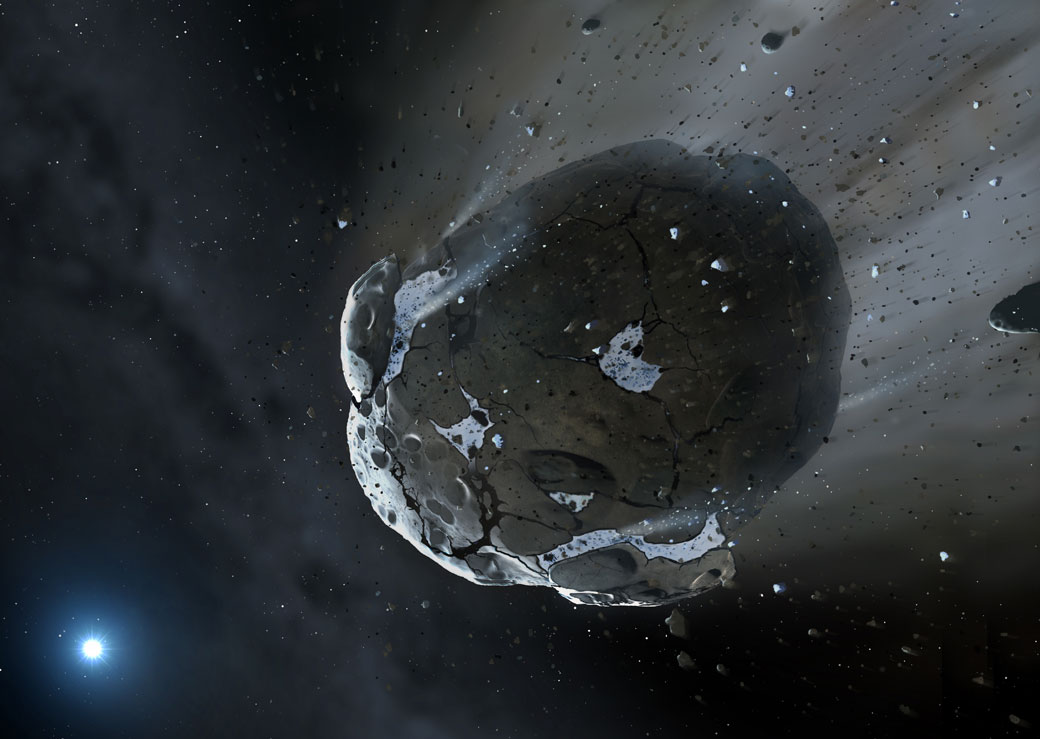Last month NASA reported that an asteroid was going to make a close flyby of Earth, but that the distance wasn’t known. Now the space agency says they have a better idea as to how close the flyby will be.

Initially, it was believed that asteroid 2013 TX68 would make its closest flyby of Earth on March 5. Now, after collecting further data, NASA says that the relatively small asteroid will pass on March 8.
READ MORE: Asteroid set to buzz Earth, but just how close isn’t known
But don’t panic: NASA said the asteroid poses no threat to Earth. In fact, it’s believed that the 2013 TX68 won’t come any closer than five million km from Earth. Initial estimates had the asteroid passing between 14 million and 17,000 km. There is still a small chance that it will fly about 24,000 km above Earth.
While it may seem worrying that NASA wasn’t able to get better estimates, the problem was that the asteroid was only discovered in October 2013 and observed for a short amount of time. Astronomers need to collect as much data as possible to calculate an object’s orbital path.
READ MORE: U.S. Senate passes bill granting asteroid rights to citizens. What about Canada?
But the good news is, the new observations have allowed the astronomers to confirm that there is no chance that 2013 TX68 will collide with Earth in the next 100 years.
If you were hoping to see the asteroid for yourself, no such luck.
“There is no concern whatsoever regarding this asteroid – unless you were interested in seeing it with a telescope,” said Paul Chodas, manager of NASA’s Center for NEO (near-Earth objects) Studies. “Prospects for observing this asteroid, which were not very good to begin with, are now even worse because the asteroid is likely to be farther away, and therefore dimmer than previously believed.”
- 2021 heat dome fuelled by climate change, intensified wildfire risk: study
- B.C. introduces legislation recognizing Haida Gwaii Indigenous title
- Whale experts confident B.C. orca calf will survive, find family if rescue plan succeeds
- Chemical plant shuts down after high benzene levels detected near Ontario First Nation





Comments